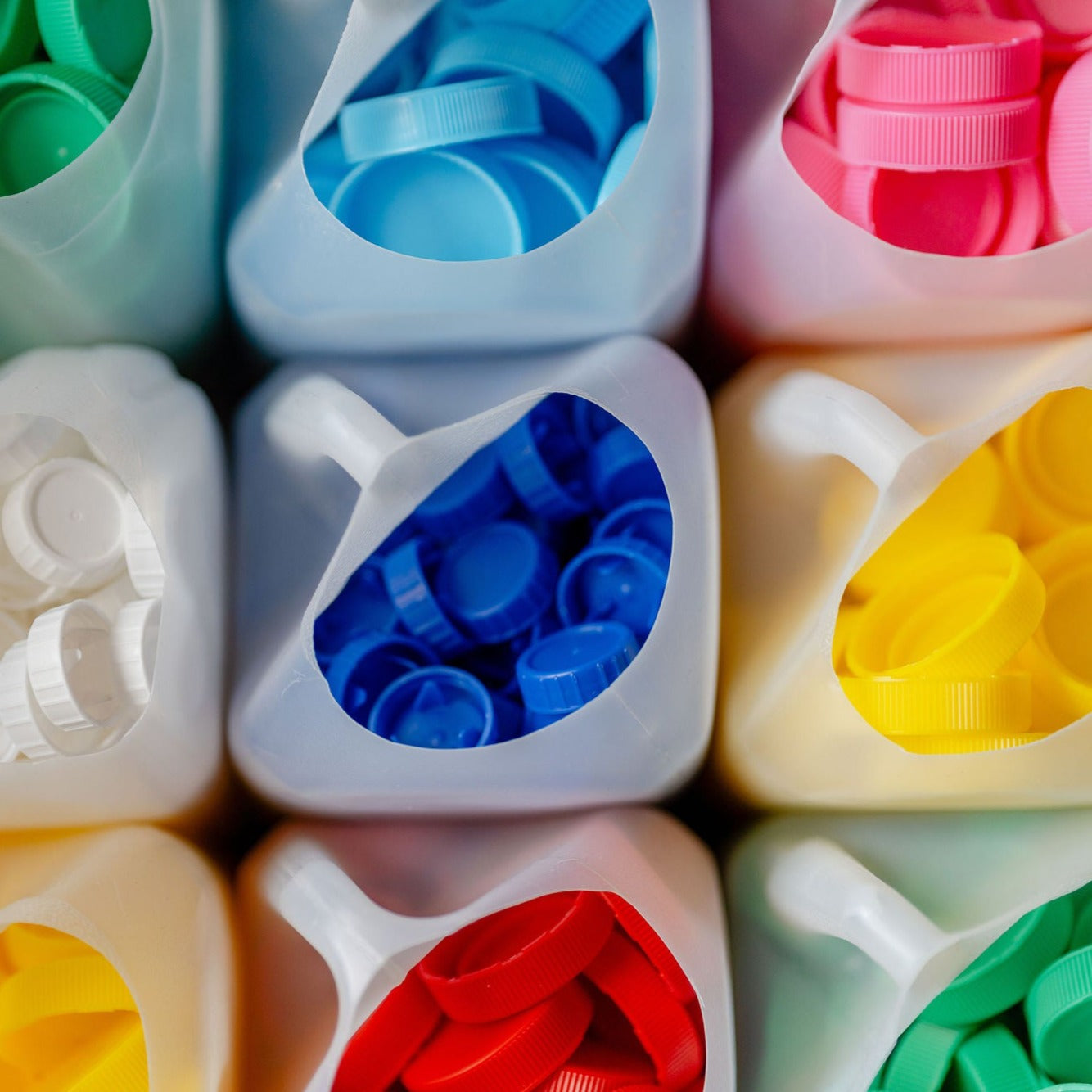
Everything you need to know about charcoal filters

By Chelsea Cunningham
Remember the first time you experienced filtered water, and it wasn’t bottled? Up until a few years ago, this type of luxury was only found in a five-star restaurant.
Fast forward to modern times, where portable filters flood the commercial market and our households. With this life-altering shift, we are no longer compelled to purchase harmful, plastic bottled water, which is known to impact the environment and our health directly.
As a society, we are likely to consume on average, 5g of plastic every week, which is equivalent to the size of a credit card. Plastic can be found in the air we breathe, the food we eat, and, especially, the water we drink. A 2017 study conducted by Orb Media, reported that 83% of tap water around the world contained microplastics. With all this unplanned plastic consumption, we’re full.
At Banish, we’re here to guide and share with you the many ways to be kinder to our immediate environment and the broader planet with our consumer purchasing choices. There are so many ways you can reduce your plastic usage, not only when you’re out and about but at home in your kitchen as well. One way of doing this is by using Binchotan Charcoal as a natural alternative to other water purification systems, many of which use plastic. It’s a simple, affordable, and eco-friendly way to get cleaner tasting drinking water at home.
Depending on the model and make you’re after, high-end water filters can cost anywhere between $300-$400. This undesirable price tag, unfortunately, motivates many households to purchase disposable filters which inevitably contribute to the single-use plastic cycle. Binchotan Charcoal, however, merely cost a $15-$20 and are recommended to be replaced every three months. How refreshing for our water and bank accounts!
Binchotan charcoal is the highest grade of charcoal and is prized for its natural purification properties. Most water filters remove impurities, either mechanically or chemically and during the process, removes a lot of the essential minerals and ions that are healthy for our bodies. Binchotan Charcoal Sticks, however, naturally attract and absorb unhealthy particles, chemicals, and other debris found in the water and air. It also allows valuable minerals such as calcium, magnesium, and iron to remain in the water. We know what has our vote.
Before placing the charcoal in your water, we suggest rinsing and brushing the excess ash off it. To ensure you get the ultimate effectiveness of the charcoal, make sure you boil the charcoal for 10 minutes every 3-4 weeks to get rid of everything that has been absorbed. And voila, enjoy clean tasting water, free from nasty chemicals for up to three months.
Depending on the water used, each charcoal stick should last for about three months. After they’ve reached the end of their lifecycle, there are many eco-friendly ways to dispose of them as they are 100% biodegradable. You can either choose to compost or use them as a fertiliser by crushing it and adding into the soil in your garden. Our green thumb movement just got a lot stronger!
The versatility of Binchotan Charcoal Sticks is just one of the main reasons we love using them in our household. we’re only envious that we can’t replicate these benefits ourselves!
Would you consider switching from a commercial plastic water filter to a Binchotan Charcoal Stick?
About the author:
Chelsea is extremely passionate about reporting on all things beauty, wellbeing and the environment. After completing a Bachelor degree in Business and Media and Communications, Chelsea is focused on becoming a freelance writer and collaborating with like-minded individuals on projects. If you're interested in working together, contact her via: chelsea-j-c@hotmail.com or Instagram @chelseacunningham

